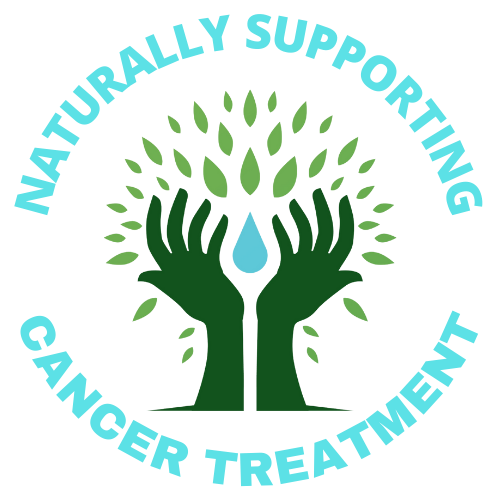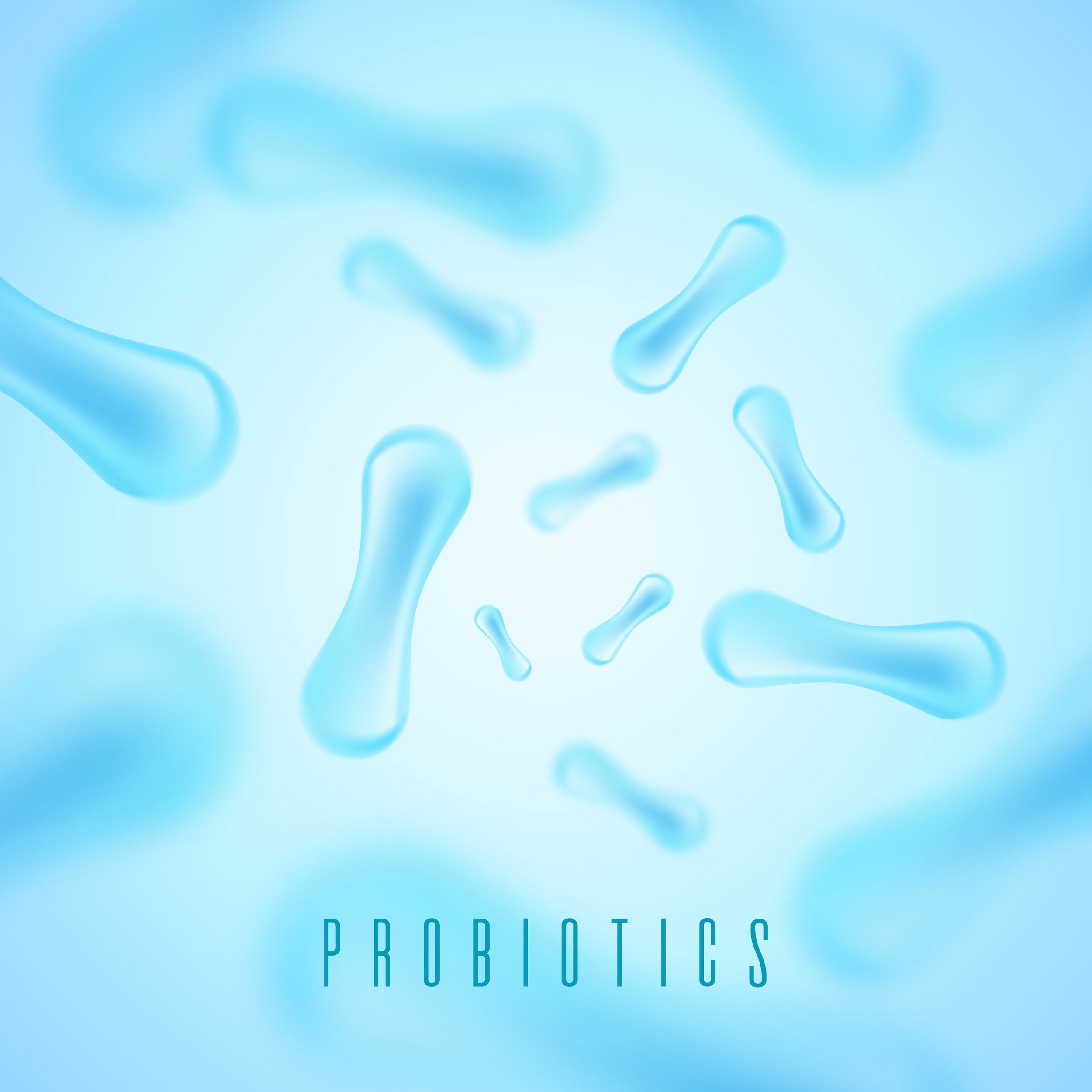Probiotics can help reduce nausea and vomiting during cancer treatment
Probiotics can help reduce nausea and vomiting during cancer treatment
When you think of cancer treatment, I’m betting that the side effects that come to mind first are nausea and vomiting. They really affect your quality of life. You can’t enjoy mealtimes, you run the risk of not getting enough nutrients and this can cause a reduction in immunity. If it’s really bad, it can cause treatment to be stopped or delayed. Your electrolytes can get unbalanced, which can ultimately lead to death if not rectified. The acid from vomiting corrodes your teeth. And the constant feeling of nausea sticks around too, sometimes for months after treatment finishes.
There are some drugs that can prove helpful, but they don’t stop it completely. And you really can’t keep taking them to get rid of the nausea.
The reason that you get nausea is, as you’ve probably been told, because treatments kill the fast-growing cells in the body. But they also alter the gut microbiome, the bacteria in your gut, and an increase in ‘bad’ bacteria can cause a body-wide inflammatory effect. So if we increase the ‘good’ bacteria and reduce the ‘bad’ ones, that inflammation can be reversed. Enter probiotics, which the research shows are effective at reducing nausea and vomiting.
In a group of 60 children with acute leukaemia, half were given a daily dose of Lactobacillus rhamnosus, a common probiotic, twice a day for the first 5-7 days of their chemotherapy until their white blood count dropped. The group receiving the probiotics were half as likely as the others to experience nausea and 60% less likely to vomit (1).
A group of 41 lung cancer patients was divided into 2 groups. Twenty of them were given Clostridium butyricum, a probiotic known to reduce diarrhoea in digestive diseases 3 times daily for 3 weeks. The other 21 were given a placebo on the same timetable. After 3 weeks, the probiotic group had less severe nausea and vomiting than the placebo group. They also had significantly less diarrhoea and a higher ratio of ‘good’ bacteria to ‘bad’ (2).
A review of 20 random controlled trials found that strains of L acidophilus, L casei, Bifidobacterium longum, and L rhamnosus were effective against gastrointestinal side effects of treatment, when used for at least 4 weeks either singly or in combination (3).
Of 140 colorectal cancer patients, half were given a mixture of L acidophilus BCMC®12130, L casei BCMC®12313, L lactis BCMC®12451, B bifidum BCMC®02290, B longum BCMC®02120, and B infantis BCMC®02129 daily for 4 weeks plus 2 grams of omega-3 fatty acids for 8 weeks during their chemotherapy treatment. The others were given a placebo. They were measured at the beginning of treatment, after 8 weeks and after 6 months. Their scores for nausea and vomiting after 8 weeks and 6 months were about 12 times less severe than the placebo group. Their overall physical and mental health was also much better than the placebo group. They had significantly less pain, insomnia, appetite loss, and diarrhoea too (4).
Probiotics are definitely a good weapon to add to your arsenal against nausea and vomiting. Don’t forget to add plenty of fibre to your diet, as this feeds the probiotics.
They have other good effects too, which are covered in my book.
References
(1) Reyna-Figueroa J, Barrón-Calvillo E, García-Parra C et al. Probiotic Supplementation Decreases Chemotherapy-induced Gastrointestinal Side Effects in Patients With Acute Leukemia. J Pediatr Hematol Oncol. 2019;41(6):468-472. doi:10.1097/mph.0000000000001497
(2) Tian Y, Li M, Song W, Jiang R, Li Y. Effects of probiotics on chemotherapy in patients with lung cancer. Oncol Lett. 2019;17:2836-2848. doi:10.3892/ol.2019.9906
(3) Rodriguez-Arrastia M, Martinez-Ortigosa A, Rueda-Ruzafa L, Ayora A, Ropero-Padilla C. Probiotic Supplements on Oncology Patients’ Treatment-Related Side Effects: A Systematic Review of Randomized Controlled Trials. Int J Environ Res Public Health. 2021;18(8):4265. doi:10.3390/ijerph18084265
(4) Golkhalkhali B, Rajandram R, Paliany A et al. Strain-specific probiotic (microbial cell preparation) and omega-3 fatty acid in modulating quality of life and inflammatory markers in colorectal cancer patients: a randomized controlled trial. Asia Pac J Clin Oncol. 2017;14(3):179-191. doi:10.1111/ajco.12758

